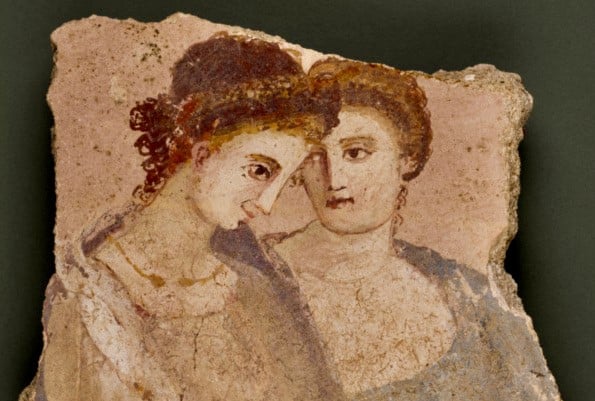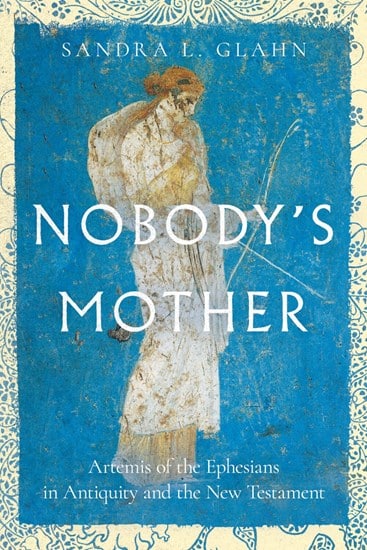Pursuing Partnership: New Light on Timeless Texts – Week 15

The Influence of Artemis on the Issues of 1 Tim 2:8-15

By Wendy Wilson, Missio Nexus, Mission Advisor for Development of Women
This article is part of the series Pursuing Partnership: Men and Women in Ministry.
The Influence of Artemis on the Issues of 1 Tim 2:8-15
A note from Wendy Wilson, MissioNexus, Mission Advisor for Development of Women:
1 Timothy 2:8-15 has been widely known as one of the most confusing, and so contested, passages in the New Testament. Academics and laypeople alike have wrestled to interpret this short passage that seems to contain so many pieces that minimally don’t seem to tie together neatly and can even seem to contradict other teaching in Scripture. The interpretive challenges in the original language are significant, often deeming it an “obscure” passage to date, yet so much Evangelical practice in recent history has been influenced by this particular section. What light regarding context might the recent discoveries about Artemis of the Ephesians shed for us in our pursuit to honor God’s Word?
And for more of Dr Glahn’s research, be sure to sign up for her upcoming Missio Nexus webinar on Thurs, April 21 (sign up here!)
The link to the blog article is below . . .but here is an excerpt from “The Influence of Artemis on the Issues of 1 Tim 2:8-15”:
“Many have undertaken to explain how understanding the identity of Artemis, the goddess of midwifery in first-century Ephesus, can shed light on the apostle Paul’s instructions about being saved through childbearing (or childbirth, or the childbearing) (2:15), but fewer have explained how understanding first-century Artemis and her cult helps provide a context for the entire pericope or section of 1 Timothy 2 when the apostle talks to his protégé Timothy about women (or wives) in the church. Paul is addressing a problem, but his doing so is often universalized. The problem was specific with broad ramifications, as is always true of Scripture. But this passage is often understood in the opposite way—as speaking to a broad universal problem with specific application . . .
Regardless of whether the author’s practice transcended time and culture or was temporary, both husbands and wives in the assembly at Ephesus needed to stop doing something disruptive. Husbands were angry during prayer, and apparently wives were acting in a way that communicated a sense of superiority or perhaps violated civil law.”
Read the whole article – The Influence of Artemis on the Issues of 1 Tim 2:8-15
http://aspire2.com/2022/01/artemis-of-ephesus/ (For more summary of other aspects of 1 Tim 2:8-15 see Heather Althoff’s articles, Pursuing Partnership, Parts 18A-D: https://womensdevelopmenttrack.com/blog/page/4/
Dr. Sandra Glahn is Professor of Media Arts and Worship at Dallas Theological Seminary. She is an author, co-author, or general editor of more than twenty books including Vindicating the Vixens: Revisiting Sexualized, Vilified, and Marginalized Women of the Bible. Learn more about her at her website: aspire2.com.
This article is submitted by Wendy Wilson of Missio Nexus and of Women’s Development Track. Women’s Development Track is a Missio Nexus member. Member organizations can provide content to the Missio Nexus website. See how by clicking here.





Responses